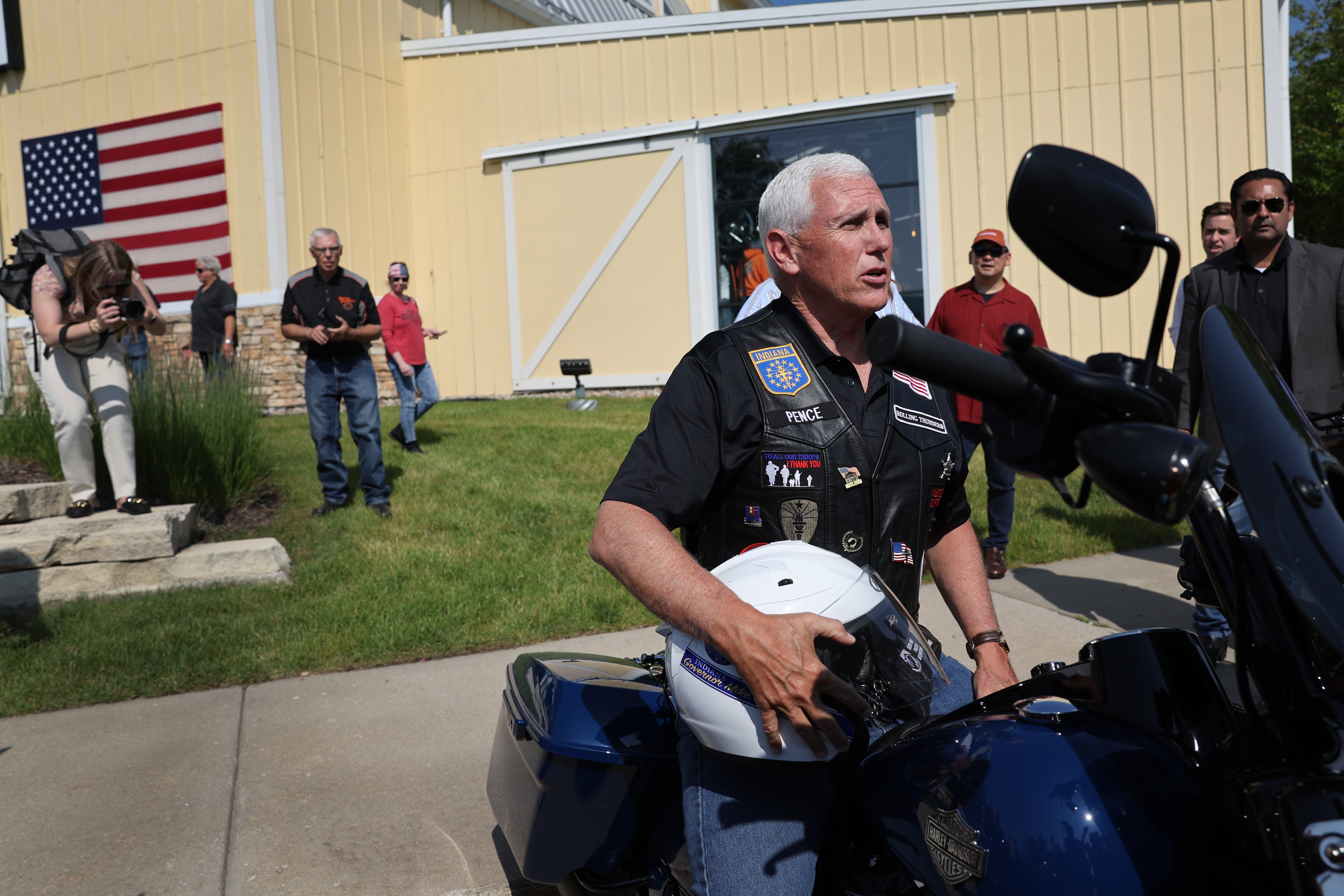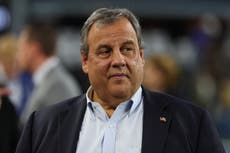Mike Pence isn’t even a contender for 2024. Why are we pretending?
His decision to Trump on January 6 deserves respect. But it has cratered his chances to win the White House


Your support helps us to tell the story
From reproductive rights to climate change to Big Tech, The Independent is on the ground when the story is developing. Whether it's investigating the financials of Elon Musk's pro-Trump PAC or producing our latest documentary, 'The A Word', which shines a light on the American women fighting for reproductive rights, we know how important it is to parse out the facts from the messaging.
At such a critical moment in US history, we need reporters on the ground. Your donation allows us to keep sending journalists to speak to both sides of the story.
The Independent is trusted by Americans across the entire political spectrum. And unlike many other quality news outlets, we choose not to lock Americans out of our reporting and analysis with paywalls. We believe quality journalism should be available to everyone, paid for by those who can afford it.
Your support makes all the difference.Former vice president Mike Pence announced his candidacy for president on Wednesday with more attention from the press than it likely will receive from Republican voters.
On Wednesday night, he will appear on CNN for a town hall, and this weekend, he will venture to North Carolina to speak at the state party’s convention that will also feature the two top contenders for the GOP nomination, Florida Gov Ron DeSantis and his old boss, former president Donald Trump.
Of course, like any presidential candidate, Mr Pence has been setting himself up for a run, releasing a memoir last year and campaigning for various Republican candidates in the 2022 midterms.
Earlier this year, at the Gridiron Dinner, that formal gathering of the press and politicians that is sequestered from the public eye that I’m never cool enough to get an invitation for, he praised the media while lambasting the former president, attempting to once again separate himself from his former political benefactor.
But Mr Pence likely sealed his fate as a presidential candidate not when he filed the paperwork to become a contender this month, but on January 6, when he made the correct decision to break from Mr Trump and his advisers’ cockamamie scheme to overturn the election. Mr Pence mentioned this during his announcement speech, excoriating the president for inciting the mob that wanted to lynch him and putting American democracy in peril.
“On that fateful day, President Trump’s words were reckless, they endangered my family and everyone at the Capitol,” he said. “But the American people deserve to know that on that day President Trump also demanded that I choose between him and the Constitution. Now voters will be faced with the same choice.”
Mr Pence deserves credit for not subverting democracy. But it also means that he is almost certainly not going to be president of the United States. Almost every indicator shows that Republican voters have soundly rejected him and likely will continue to do so as the 2024 campaign begins in earnest.
Mr Pence should at least be running closely with Mr Trump and Mr DeSantis. He’s a former vice president to a chief executive most Republican voters love, a staunchly conservative former congressman and governor of a solidly Republican state. He’s long called himself “a Christian, a conservative and a Republican in that order.”
But FiveThirtyEight shows that while Mr Pence places third, on average, he is polling at only 5.4 per cent, while Mr Trump is at 53.7 per cent and Mr DeSantis is at 21.3 per cent. That is a disappointing number for a candidate with nearly universal name recognition, which in and of itself is half the game (indeed, Mr Trump and President Joe Biden won their respective nominations largely because people knew who they were).
Republicans know who Mr Pence is and what he believes. It’s just that they don’t like it. Most Republicans who consider themselves devotees of Mr Trump will likely never forgive Mr Pence for not overturning the election. Conversely, many Republicans who might otherwise not like Mr Trump (or at least think that he would lose were he to be the Republican nominee again) will likely see Mr Pence as too tied to the former president.
So with all of this evidence showing that he will likely fold and not have even a long shot, why is so much of the Washington press so hellbent on propping him up?
A major reason for this is that the political media ecosystem needs to broadcast to viewers that some rational Republicans have not given in to the vices of extremism. The Washington press fears nothing more than the right working the referees to complain that they are biased against them.
As a result, they need to prop up candidates who will appeal to virtually no one except fellow denizens of green rooms in Washington and New York. It is why New Hampshire Gov Chris Sununu received so much attention when he said he would not seek the presidency when most Republican voters probably shrugged, and why Chris Christie has received wall-to-wall coverage even though he will receive a pittance of votes. The same goes for why the press continues to ask former Maryland governor Larry Hogan for his opinion (though that also may be a regional bias because many media figures live in his state).
Mr Pence, by most accounts of people who have interacted with him, say he is a decent man and his pious persona is not an act but rather a manifestation of his real values. That might appeal to some media figures. But propping him up when he has little chance of winning gives viewers an incomplete picture of the Republican electorate.

Join our commenting forum
Join thought-provoking conversations, follow other Independent readers and see their replies
Comments